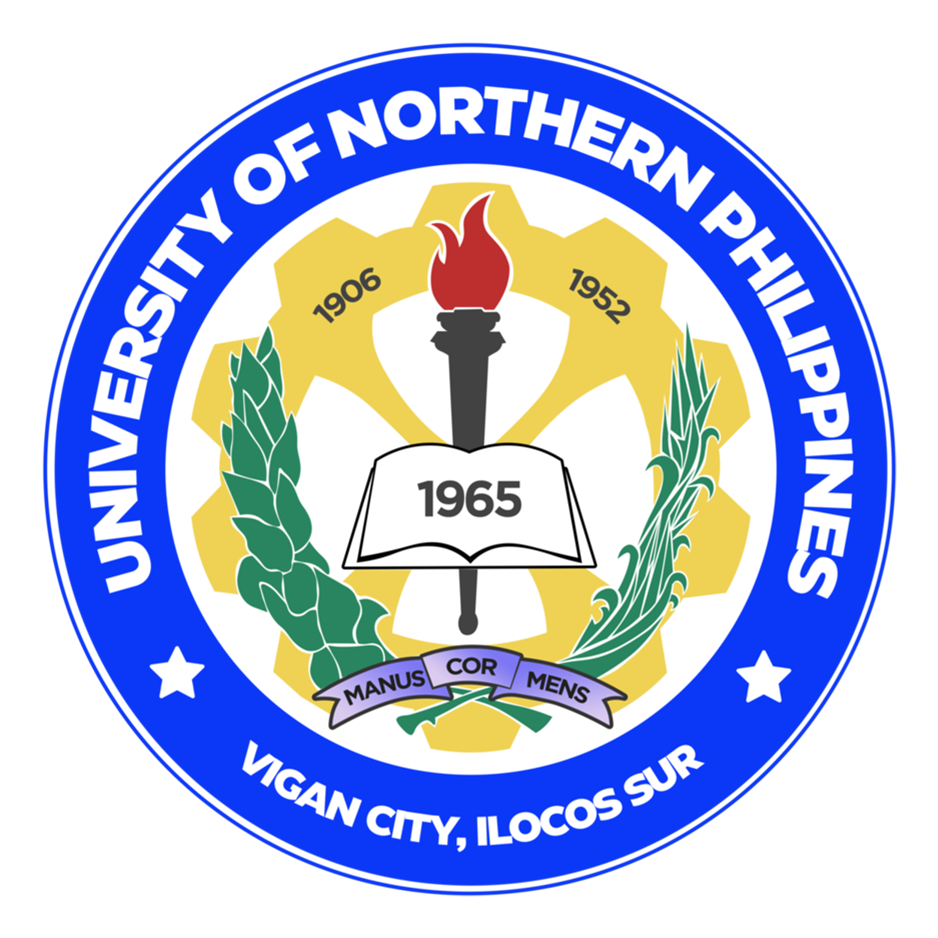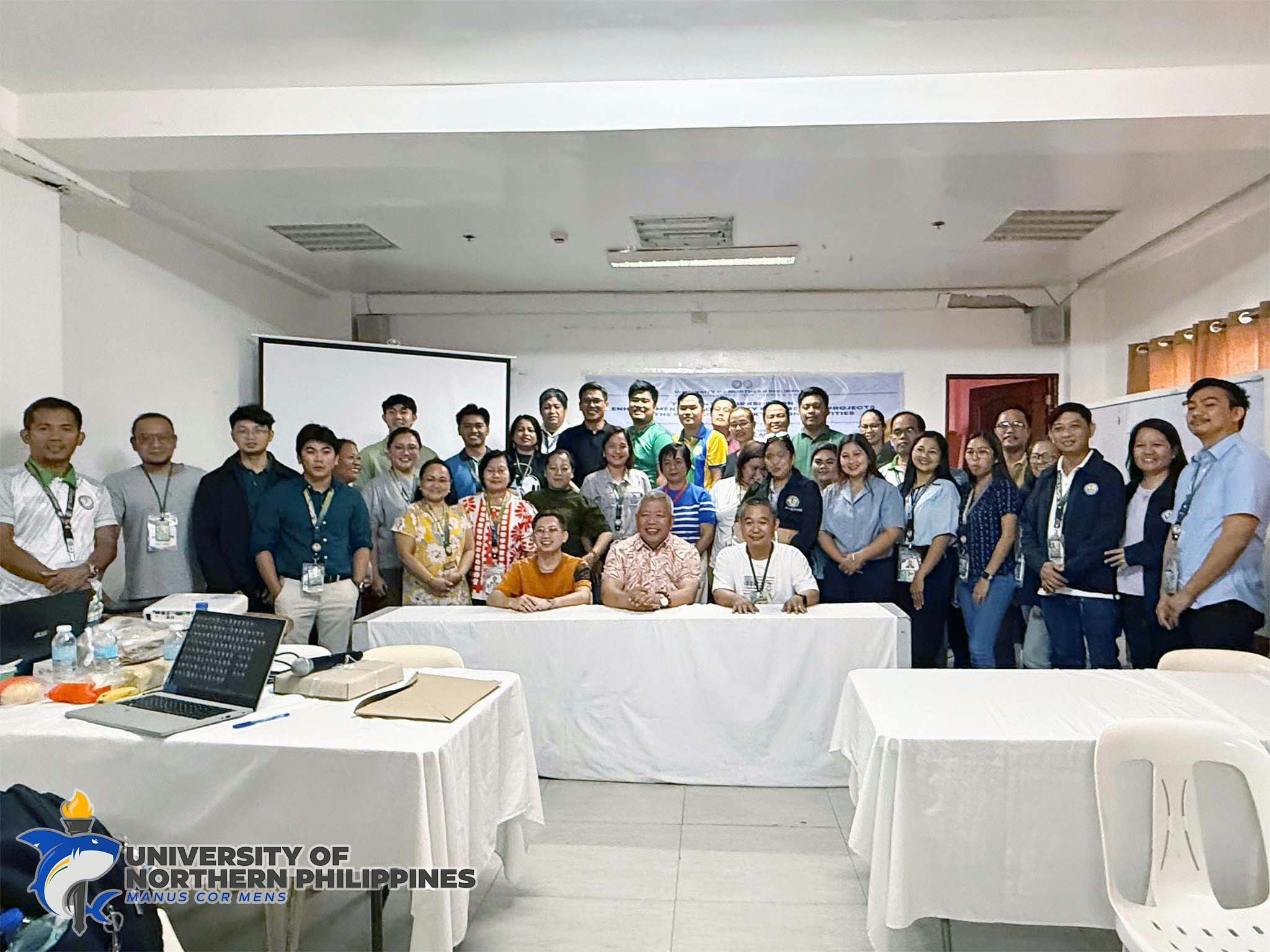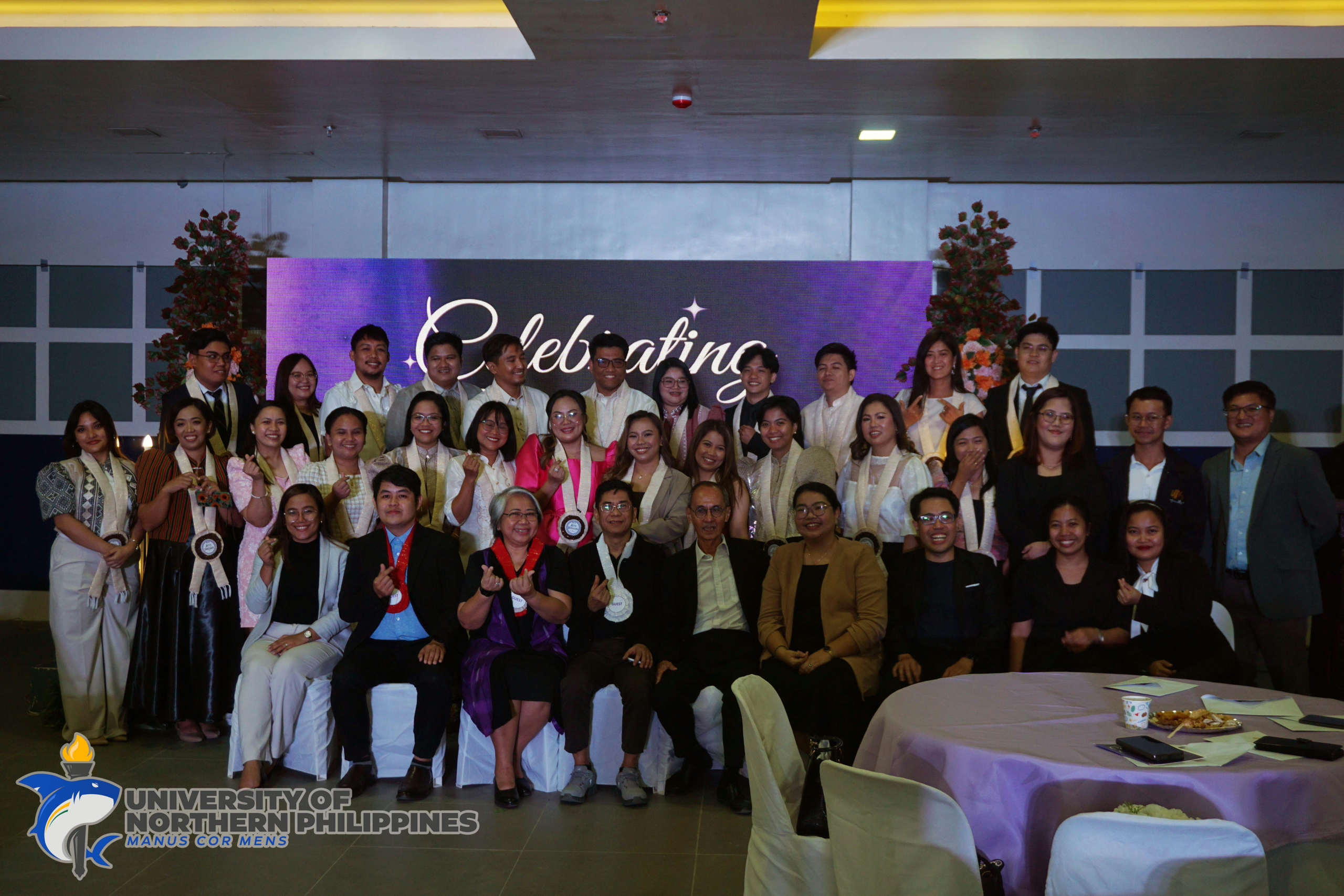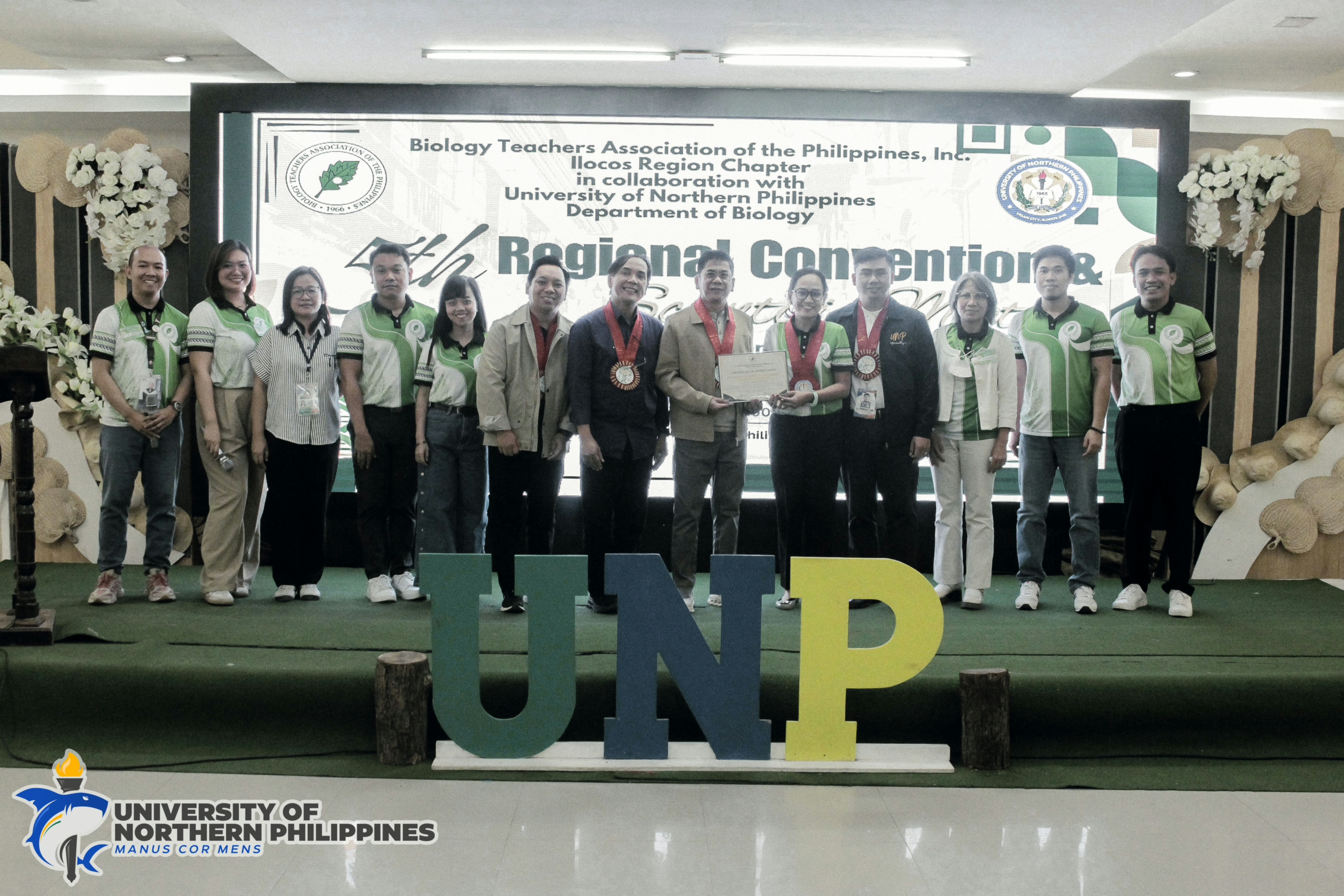In a major effort to expand its community outreach and services, the University of Northern Philippines successfully wrapped up a comprehensive training program titled “Enhancement of Community Engagement Projects and the Packaging of Extension Activities.” Conducted from April 22 to 25, 2025, at the UNP Hostel, the four-day intensive training highlighted the university’s strong dedication to advancing its extension services, a vital pillar of its threefold mission along with instruction and research.
The training drew the participation of approximately 66 faculty members from various units across the university, all eager to hone their skills in designing, implementing, and documenting impactful community engagement projects. The program was meticulously crafted with several key objectives in mind: to elevate the capacity of personnel in creating sustainable and impactful initiatives, to develop effective strategies for showcasing and documenting extension activities for broader reach, to cultivate a collaborative environment for knowledge exchange, and ultimately, to elevate the quality and relevance of UNP’s extension services to the communities it serves.
The program kicked off on April 22 where Dr. Fatima Rocamora, Vice President for Research and Extension, delivered her welcome message to set the stage for the week’s activities, and Dr. Lloyd Mata, OIC-Director of the University Extension Office (UEO), provided a rationale and statement of purpose. The importance of the training was further emphasized through the message of University President Dr. Erwin F. Cadorna, delivered by Dr. Rolando B. Navarro, Vice President for Academic Affairs and the Officer-in-Charge that day.
Dr. Marlowe U. Aquino, Director for Planning of Mariano Marcos State University (MMSU) was the resource speaker. The morning session included a pre-test evaluation and a levelling off of expectations. The afternoon of the first day delved into “Understanding the New Development Extension Dimension” and “Strategic Approach in Development Extension Methodology, Methods, and Techniques,” with group dynamics facilitated by Mr. James Sacalamitao, Educational Research Assistant from MMSU.
The second day built upon the foundational knowledge with sessions on “The Community as the Spectrum of Development Extension Community Diagnosis and Analysis Tools and Techniques” and “Writing PME and ProDoc Reports of Extension and Community Engagement Projects.” The afternoon sessions focused on the practical aspects of “Implementing Development Extension Projects” and the “Results-based Monitoring and Evaluation Approach,” further solidifying the participants’ understanding through another group dynamics activity.
Day three was on “Development Extension Project Strategic Evaluation Methodology” and a deeper dive into “Writing PME and ProDoc Reports.” The crucial aspect of “Impact Assessment” was also covered. The afternoon focused on equipping participants with the skills for “Preparation and Packaging of Development Extension Paper for Publication.”
The final day of the training centered on the presentation of the drafts of extension project papers for the ongoing extension projects and extension proposals for others. The participants presented their outputs, incorporating the knowledge and skills they had acquired throughout the week. The program concluded with an evaluation of the training.
Participants shared their impressions and insights gained from the experience. Mr. Ade Gestole of the College of Communication and Information Technology (CCIT) remarked, “As a new faculty member of the university, the training made me appreciate the beauty of our extension projects, especially our project CONNECT of the College of Communication and Information Technology and the difference we make to the lives of our beneficiaries.”
Dr. Efren Galapon of the College of Teacher Education (CTE) noted, “The training serves as a master class along extension where the outputs of the training are solutions to the concerns of ISO and AACCUP Accreditation.”
Ms. Jenifer Cabides of the College of Nursing stated, “The training has equipped us with the skills necessary to make the packaging of our extension projects more presentable.”
Ms. Jezinelle Punio of the College of Social Work added that the training has provided them skills which are foundational to the presentation of extension projects.
This intensive training program signifies UNP’s proactive approach to ensure that its extension services are not only relevant but also impactful and sustainable. By equipping its faculty and staff with the necessary skills and knowledge, UNP is poised to further strengthen its ties with the communities it serves and contribute meaningfully to regional development. The emphasis on effective documentation and dissemination of extension activities will also ensure that the valuable work being done by the university reaches a wider audience and inspires further collaboration and engagement.
Article by Bernardo Oliber Arde.




